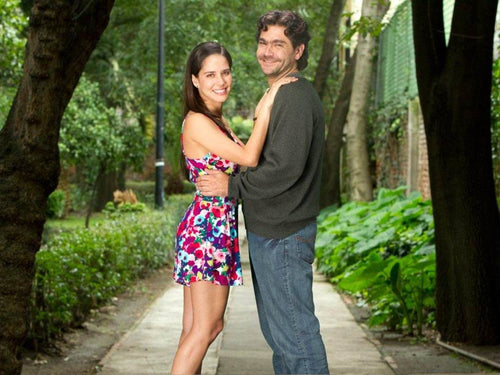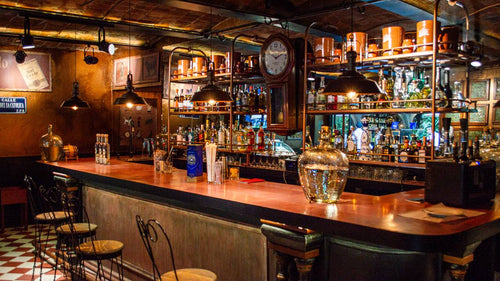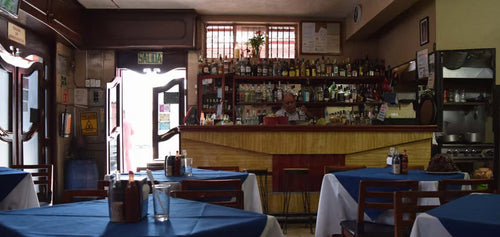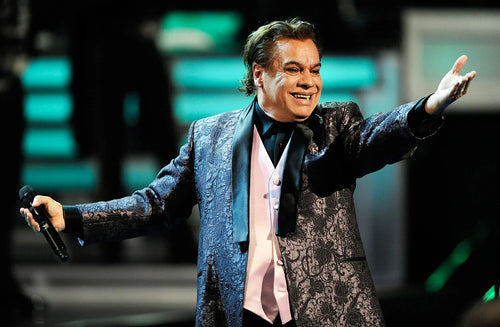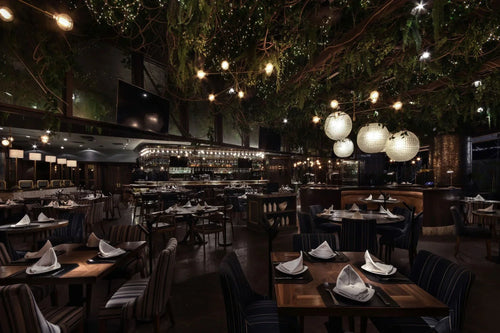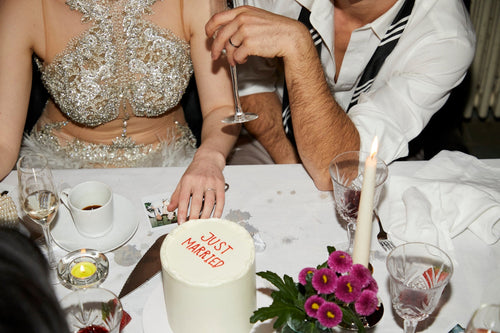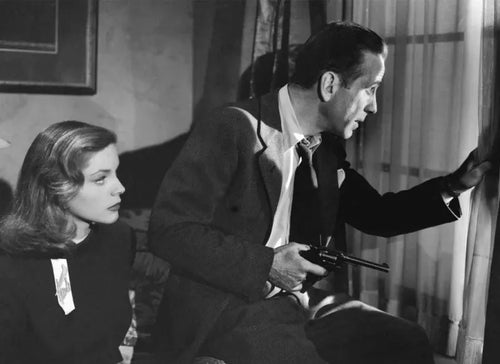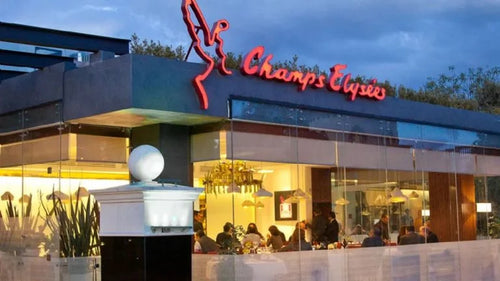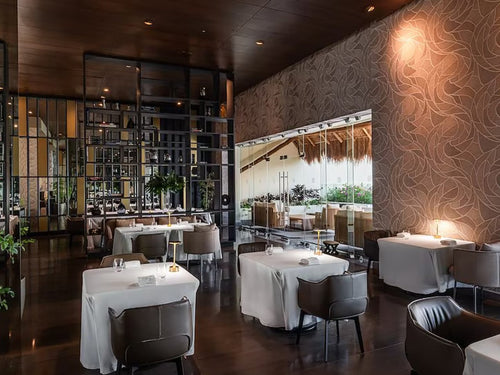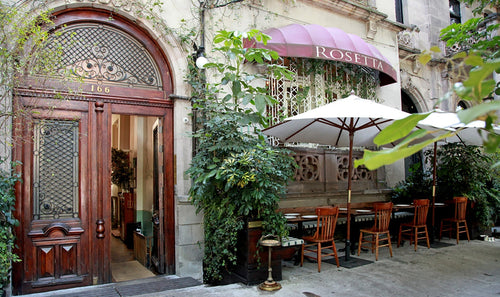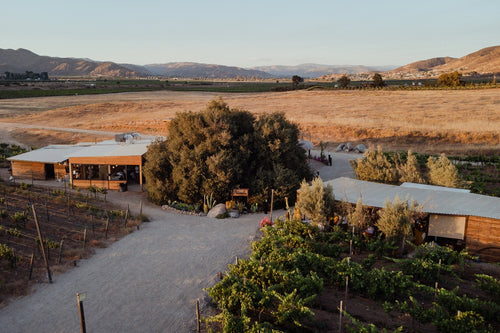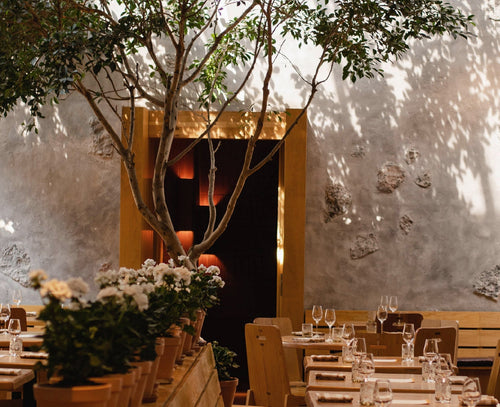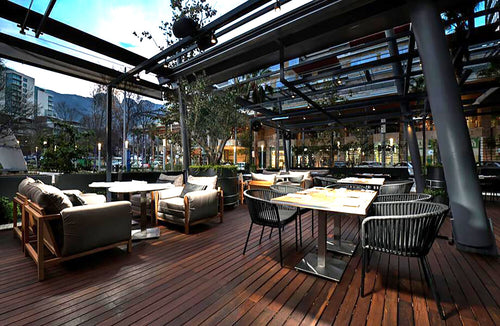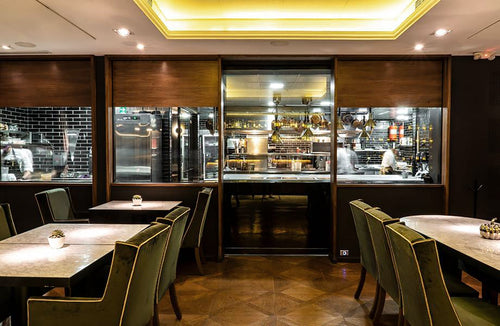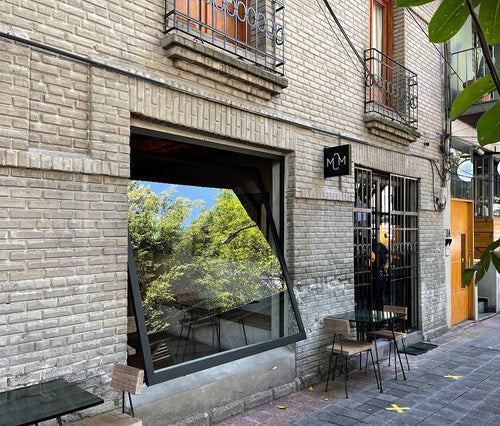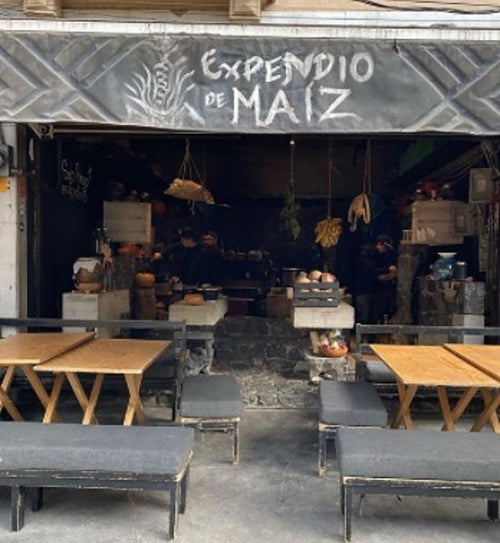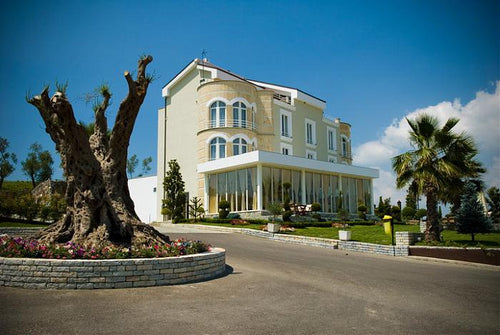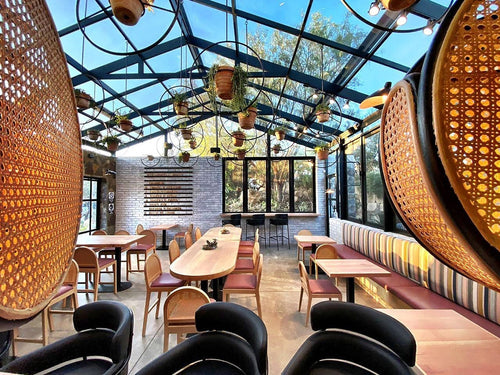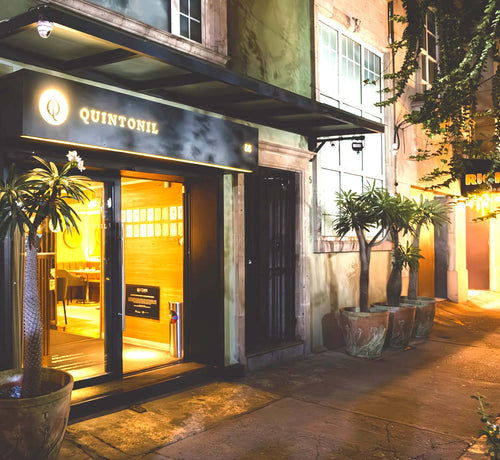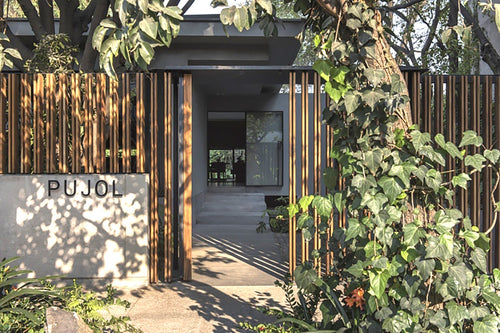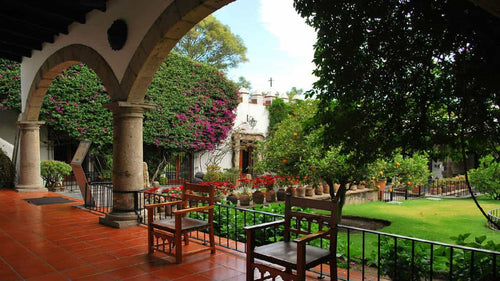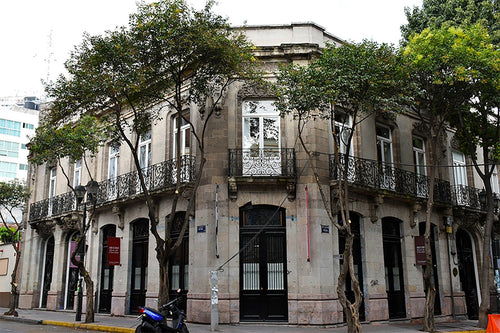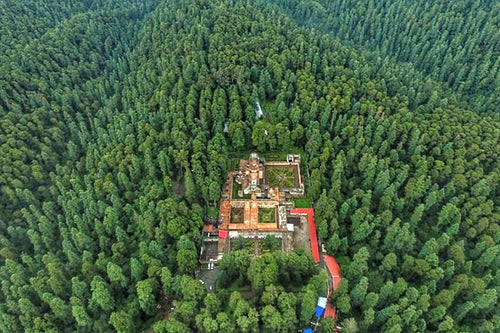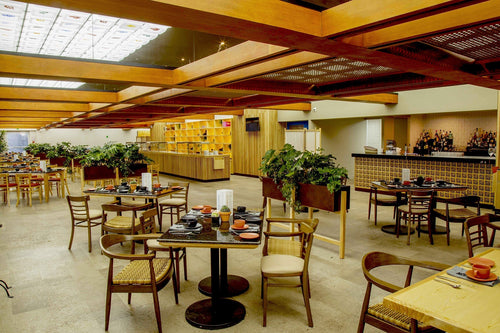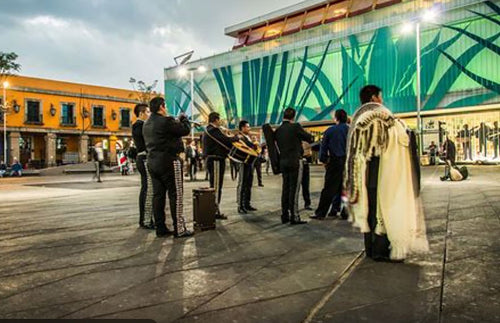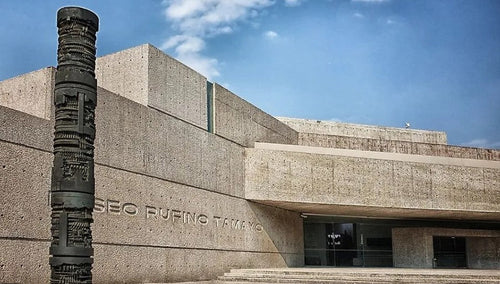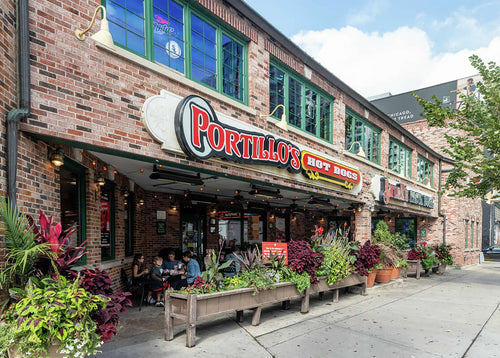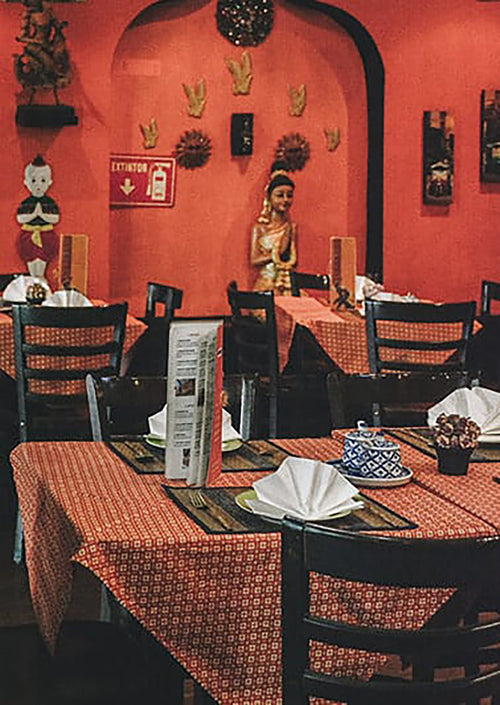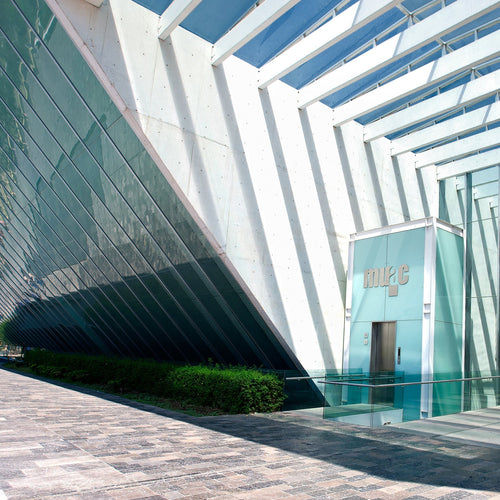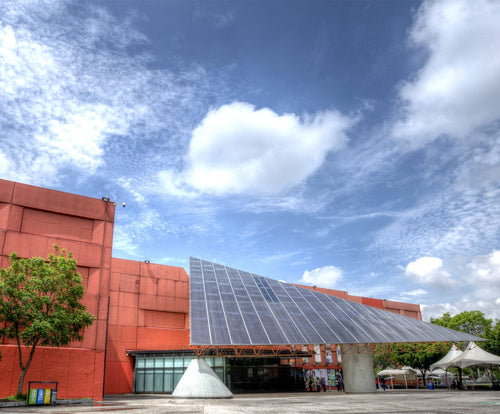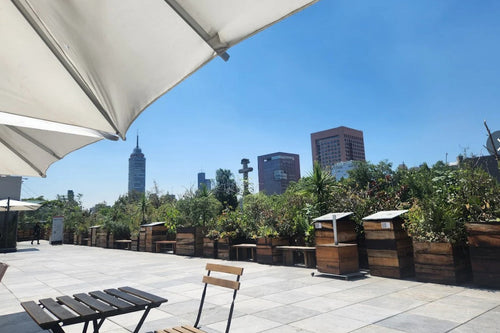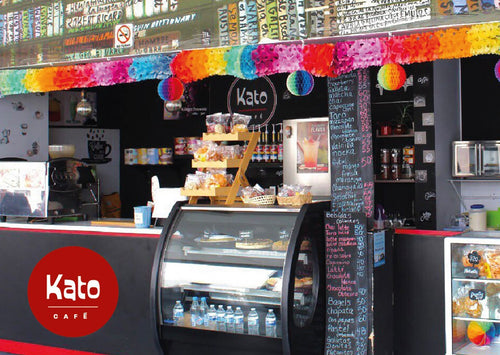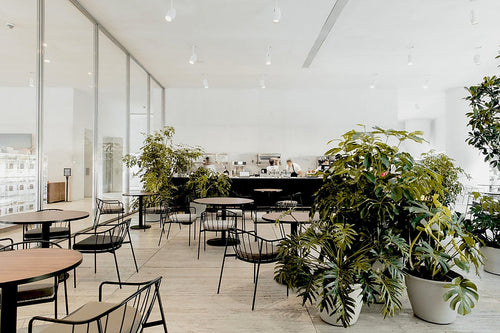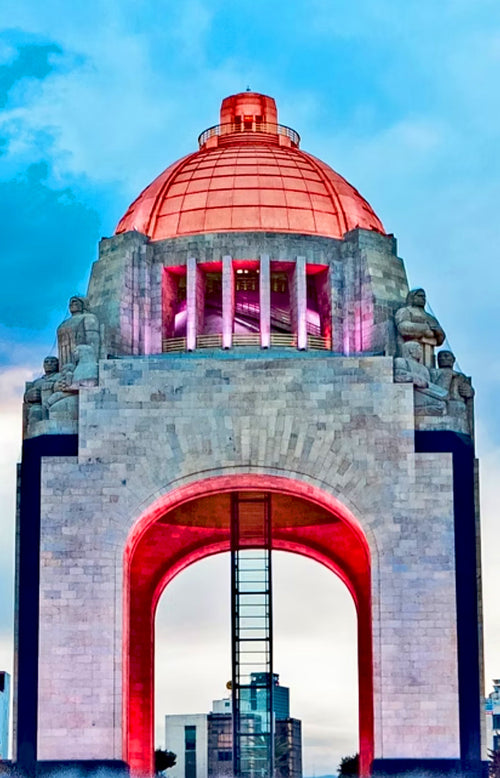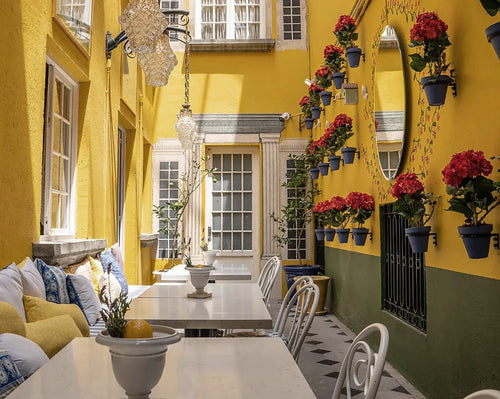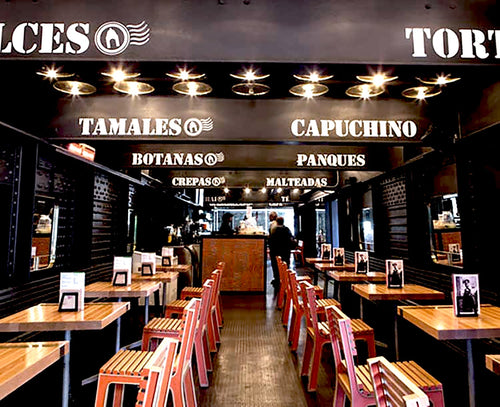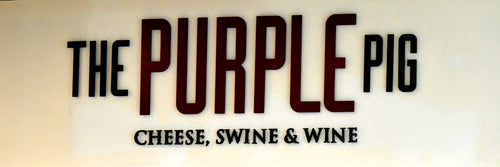Bygone places / Cabaret Rondinella, a “roof” atop the refined Alfer Hotel
This cabaret had its best years in the 1950s and offered high-quality shows.
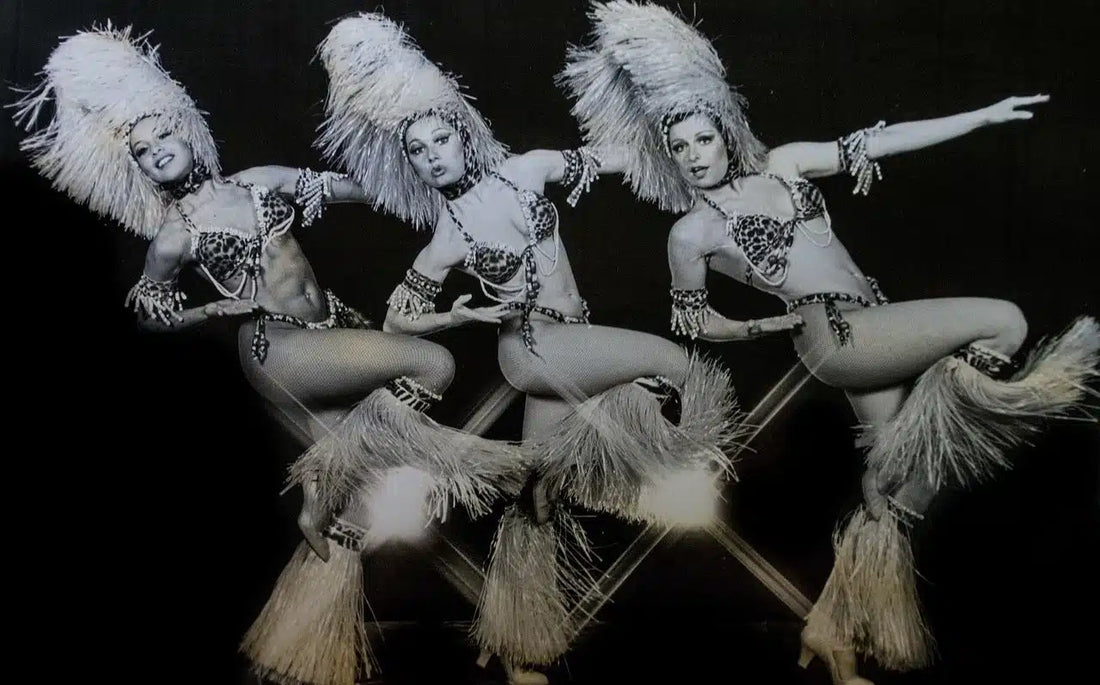
By Alejandro Pohlenz
I offer my sincere apologies, as there is very little information about the Cabaret Rondinella. It’s mentioned as “legendary.” Other sources explain that it operated during the 1950s (meaning I wasn’t even born yet—and in 1950, my father had just turned 18).
First, we see a small terrace (what people now call a “roof”). It looks quite cute and rather sophisticated, and that’s because it was designed—both the space and the furniture—by Mexican architect Arturo Pani [1915–1981] (nephew of Alberto J. Pani), who, among other works, designed President Miguel Alemán’s residence in Los Pinos and the interior of the Hotel María Isabel on Reforma Avenue.

The best show
A promotional poster for the Cabaret Rondinella. Performing there was the band of an influential musician from Puebla: Chucho Martínez Gil [1917–1988]. (One of his most notable songs was “Muy despacito,” sung by him and accompanied by the Mariachi Vargas de Tecalitlán). The vedettes: Gaby Clousin, Judith, Myrna Serna, and Ana Dipardo… unmissable!

Third, we find the Hotel Alfer (or Alffer—it’s unclear which spelling was correct or where the name came from; perhaps it was a combination, like if we took the names Alejandro and Fernando). As they say, “it can’t deny its roots”—completely 1950s!

Cabaret comes from Old French and means “small room” (chamberette). In France, during the Middle Ages, a cabaret was a simple tavern where food and drinks were served. Over time, the meaning broadened, and in modern usage it refers to a venue (much larger than a tavern) offering music, dance performances (sometimes featuring ladies missing a bit of clothing), comedy, or political satire.
The truth is that, through these chronicles, we’ve come to realize the remarkable number of cabarets and nightclubs that emerged in Mexico City during the 1940s, 50s, and 60s. Almost all of them have vanished.
Revillagigedo 18, Historic Center of Mexico City
Permanently closed.


